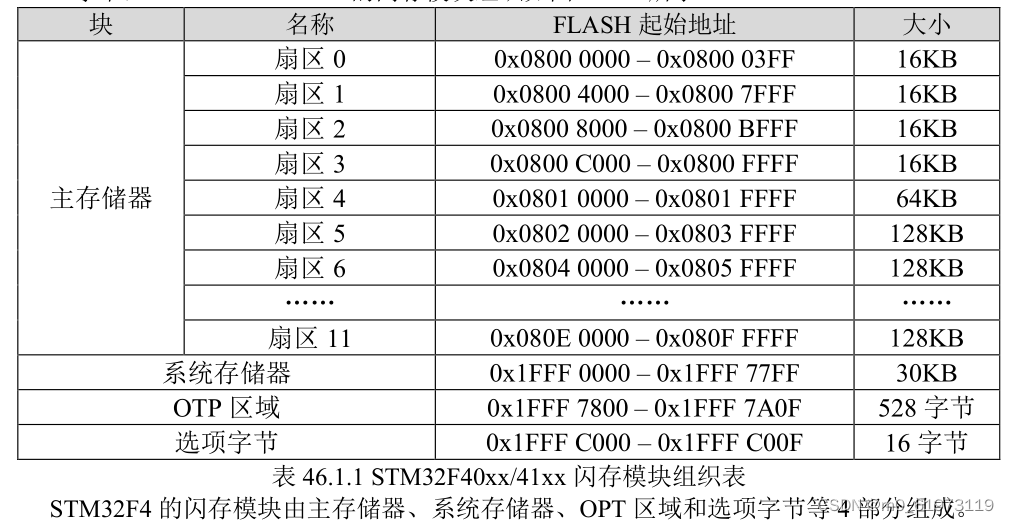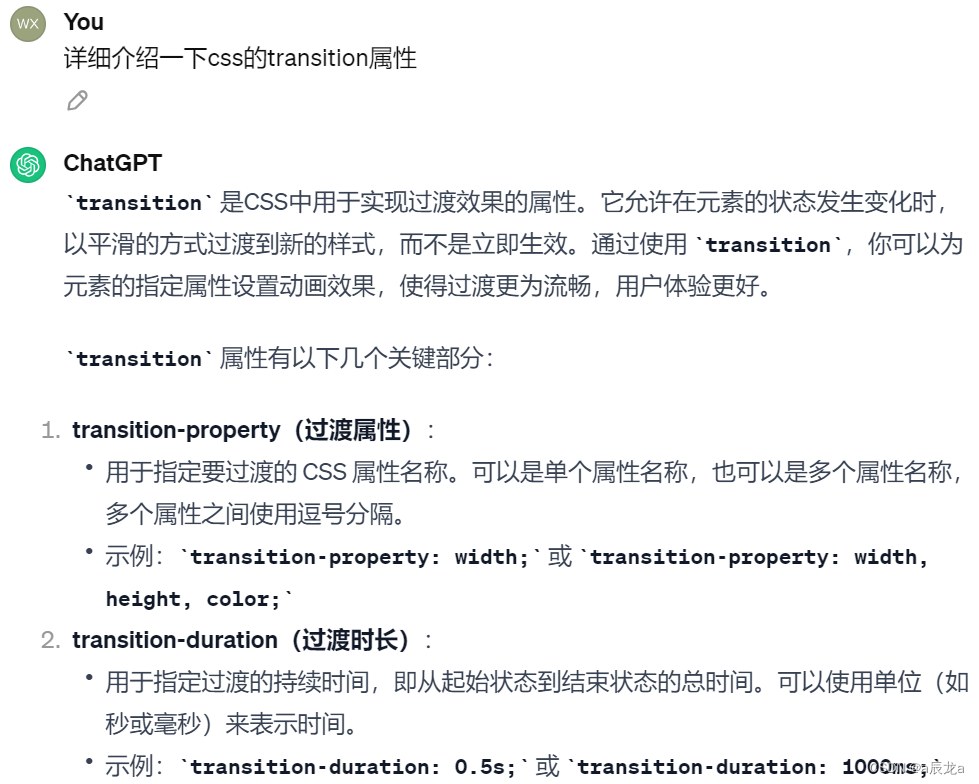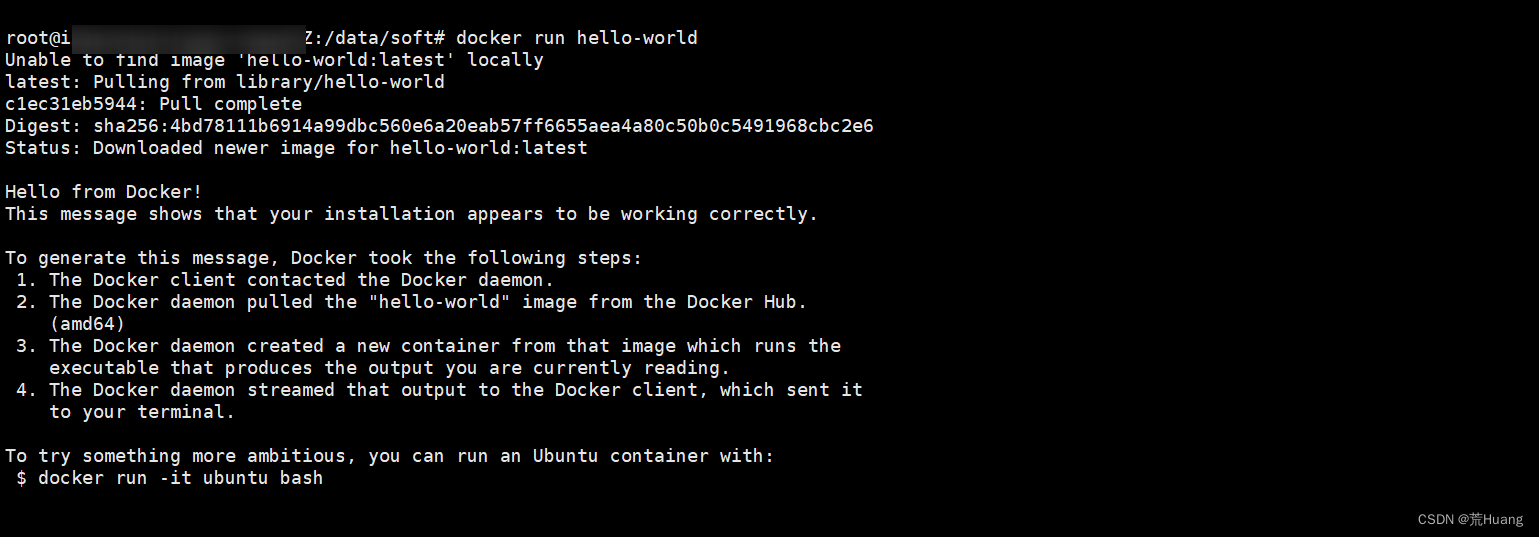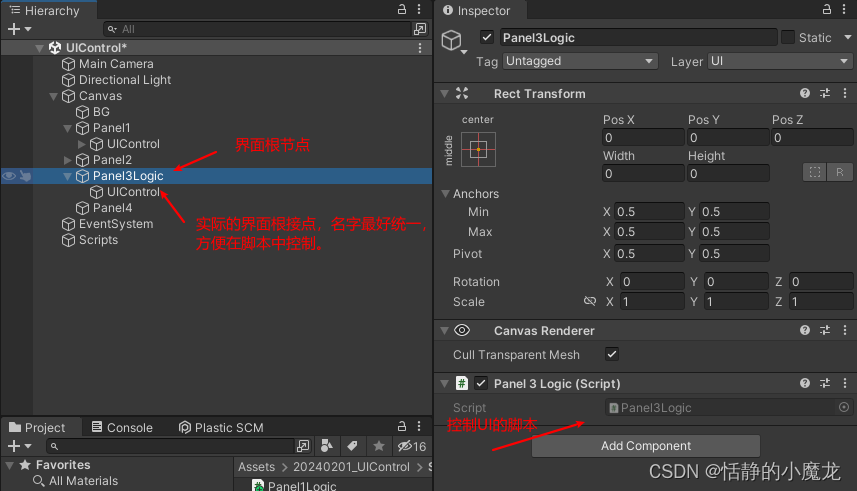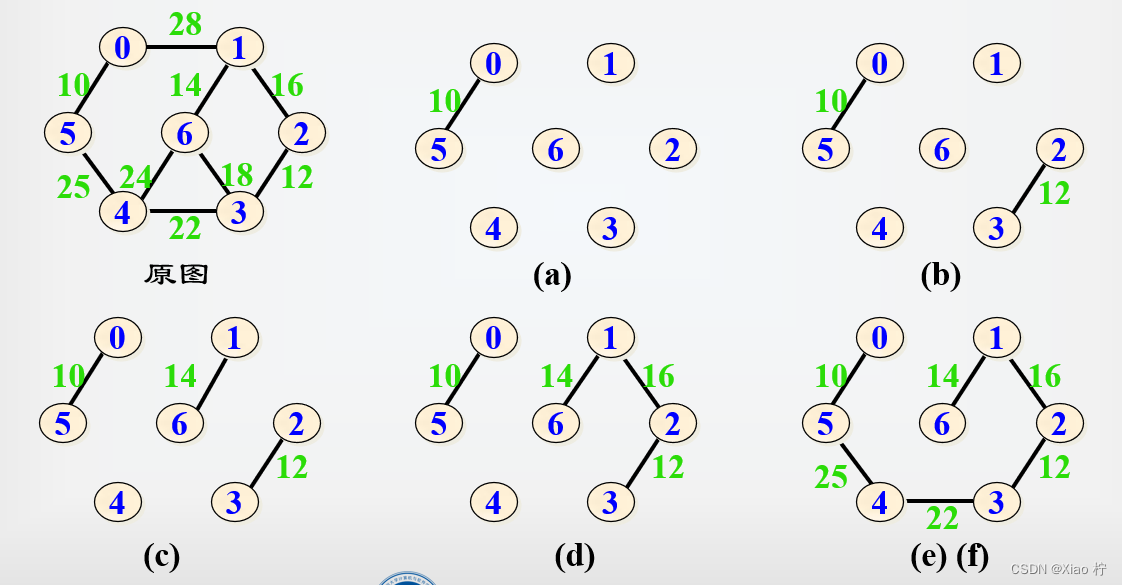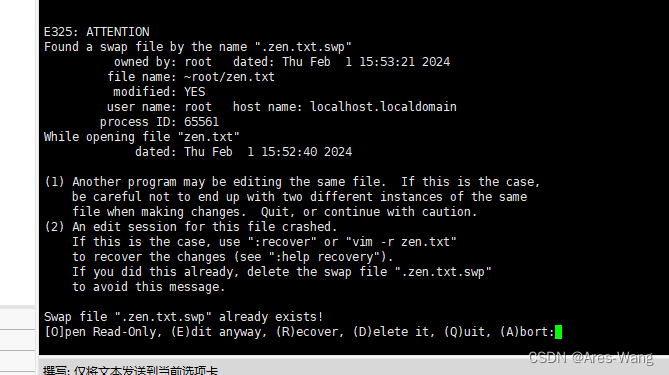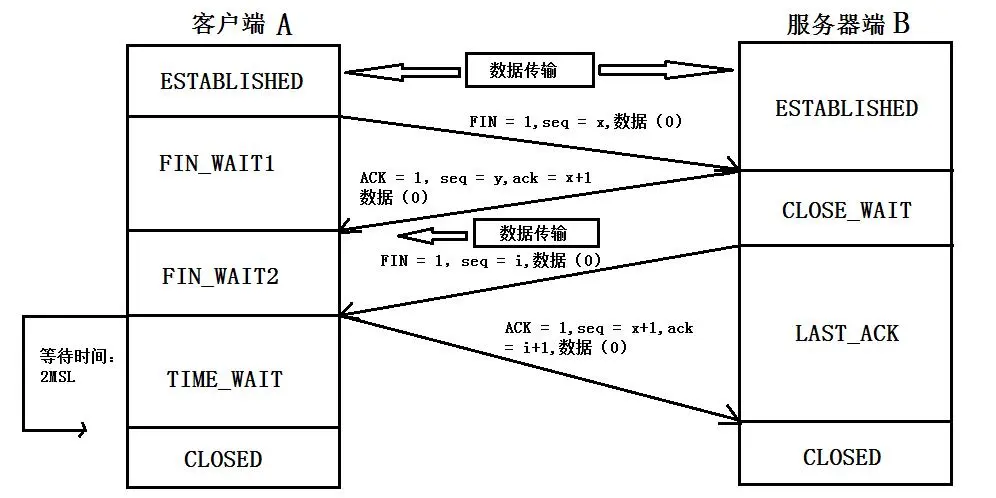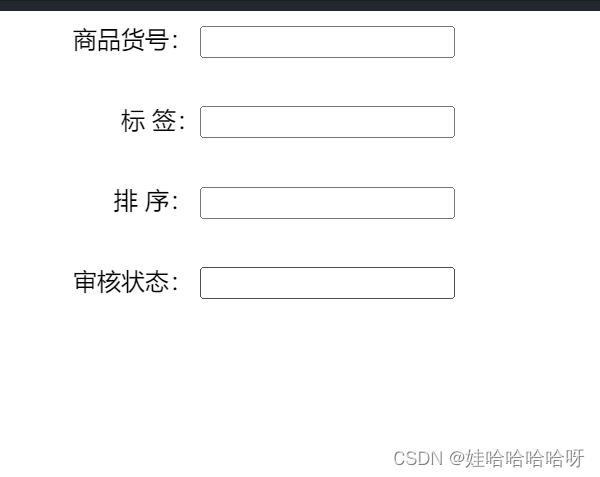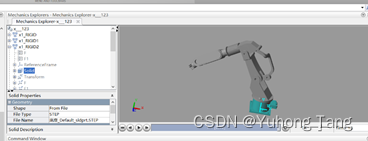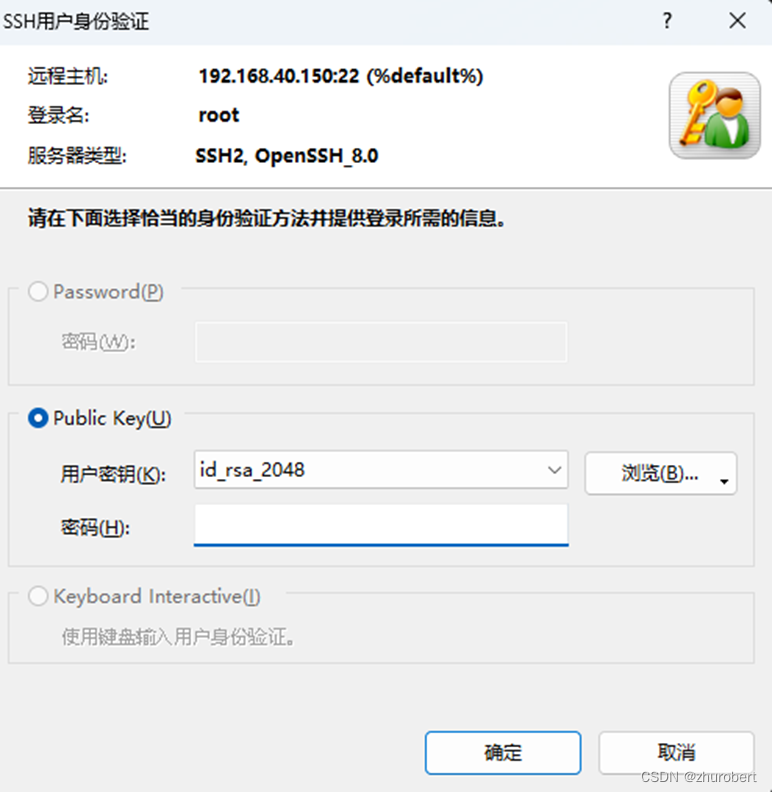一、C语言的回调函数
1.小试牛刀
#include <iostream>
using namespace std;
#include <memory>
#include <stdlib.h>
int add(int a, int b) {
return a + b;
}
void test01() {
// 函数指针可以指向任何类型的函数,只要函数的参数列表和返回值类型匹配即可
int (*pFunc)(int,int) = add;
// 函数指针可以像普通函数一样被调用,通过函数指针变量名加上括号的方式
int result = (*pFunc)(1,2);
cout << result << endl; // 输出 3
}
// typedef 返回类型(*新的函数名)(参数列表)
typedef int (*INT_func)(int,int);
void test02() {
INT_func pFunc = add;
int result = pFunc(2,3);
cout << result << endl; // 输出 5
}
// 回调函数,它允许一个函数作为参数传递给另一个函数
// 这种特性使得我们可以将一些特定的任务委托给其他函数来完成
// 定义一个函数指针类型
typedef void(*Callback)(int);
// 定义一个函数,该函数接受一个回调函数作为参数
void doSomething(Callback callback) {
cout<<"Doing something..."<<endl;
// 调用回调函数
int data = 1024;
callback(data);
}
// 定义一个回调函数
void printMyData(int data) {
cout<<"My data is: "<<data<<endl;
}
int main() {
test01();
test02();
// 将回调函数传递给doSomething函数
/*
doSomething函数接受一个Callback类型的参数,这是
一个指向函数的指针.doSomethings函数调用这个回调函数,
并且将一个整型变量作为参数传递给它
printMyData在此是一个简单的回调函数,它接受一个整型变量作为
参数并且把它打印出来
*/
doSomething(printMyData);
return 0;
}- 打印结果:
PS D:\Work\c++> ./bin/app
3
5
Doing something...
My data is: 1024
PS D:\Work\c++>2.动态函数指针
在学习这个知识点的时候,我遇到的坑,非常感谢这位大佬给我指点迷津:
动态函数指针free报错_编程语言-CSDN问答![]() https://ask.csdn.net/questions/8061857?spm=1001.2014.3001.5505
https://ask.csdn.net/questions/8061857?spm=1001.2014.3001.5505
- micthis大佬写的代码
#include <iostream>
using namespace std;
#include <memory>
#include <stdlib.h>
int add(int a, int b) {
return a + b;
}
/*
动态函数指针是指在运行时根据需要动态分配和修改的函数指针
它可以在程序运行时根据需要指向不同的函数,从而实现更加灵活
和动态的函数调用
在c++中,可以使用动态内存分配函数(如malloc或new)来创建
动态函数指针
*/
int test01() {
// 创建一个指向函数的指针
int(**pFunc)(int, int);
// 使用malloc动态分配内存
int size = sizeof(int(*)(int, int));
pFunc = (int(**)(int, int))malloc(size);
// 将函数指针指向 add函数
*pFunc = add;
// 调用函数
int result = (*pFunc)(2, 3);
cout << result << endl; // 输出 5
// 释放内存
free(pFunc);
return 0;
}
int main() {
test01();
return 0;
}打印结果:
PS D:\Work\c++> ./bin/app
5
PS D:\Work\c++>3.异步编程
#include <stdio.h>
#include <stdlib.h>
#include <pthread.h>
#include <unistd.h>
// A的实现,一般会隐藏
typedef void (*CallbackPtr)(int);// 函数指针定义
typedef struct dataCB{
int data;
CallbackPtr callback;
}dataCB;
// 创建实例
dataCB dataCBInstance = {0, NULL};
void* callback_thread(void* arg) { // 此处用的是一个线程
// 循环改变p->a的值为 0 1 2 3 4 5 6 7 8 9,每个3s改变一次
dataCB* p = (dataCB*)arg;
while (1) {
sleep(3);// 延时3s执行callback函数
p->callback(p->data);// 函数指针执行函数,这个函数来自于应用层B
p->data = (p->data + 1) % 10;
}
}
void startup_app_A() {
// 创建线程
pthread_t tid;
pthread_create(&tid, NULL, callback_thread, (void*)&dataCBInstance);
}
// 给B的接口,接收注册函数
extern void SetCallBackFun(CallbackPtr cb) {
printf("SetCallBackFun print! \n");
dataCBInstance.callback = cb;
}
// //-----------------------应用者B-------------------------------
void recieve(int data) // 应用者增加的函数,此函数会在A中被执行
{
//do something
printf("B得到A的数据 = %d\n",data);
}
int main(void) {
// 启动A
startup_app_A();
SetCallBackFun(recieve);
// 主函数
while (1) {
// std::cout << "main function" << std::endl;
printf("main function\n");
sleep(2);
}
return 0;
}PS D:\Work\c++> ./bin/app
SetCallBackFun print!
main function
main function
B得到A的数据 = 0
main function
B得到A的数据 = 1
main function
main function
B得到A的数据 = 2
main function
B得到A的数据 = 3
main function
main function
B得到A的数据 = 4
main function
B得到A的数据 = 5
main function
main function
B得到A的数据 = 6
main function
B得到A的数据 = 7
main function
main function
B得到A的数据 = 8
main function
B得到A的数据 = 9
main function
main function
B得到A的数据 = 0
main function
B得到A的数据 = 1
main function
main function
B得到A的数据 = 2
main function
B得到A的数据 = 3
main function
main function
B得到A的数据 = 4
main function
B得到A的数据 = 5
main function
main function
B得到A的数据 = 6
main function
B得到A的数据 = 7
main function
main function
B得到A的数据 = 8
main function
B得到A的数据 = 9
main function
main function
B得到A的数据 = 0
main function参考文章:C/C++面向对象(OOP)编程-回调函数详解(回调函数、C/C++异步回调、函数指针)-CSDN博客![]() https://blog.csdn.net/m0_47324800/article/details/135315345
https://blog.csdn.net/m0_47324800/article/details/135315345
二、C++回调函数
1.动态函数指针
#include <iostream>
using namespace std;
#include <memory>
#include <stdlib.h>
int add(int a, int b) {
return a + b;
}
/*
动态函数指针是指在运行时根据需要动态分配和修改的函数指针
它可以在程序运行时根据需要指向不同的函数,从而实现更加灵活
和动态的函数调用
在c++中,可以使用动态内存分配函数(如malloc或new)来创建
动态函数指针
*/
typedef int(*handleFunc)(int,int);
int test01() {
// 创建一个指向函数的指针
int(**pFunc)(int, int);
pFunc = new handleFunc;
// 将函数指针指向 add函数
*pFunc = add;
// 调用函数
int result = (*pFunc)(2, 3);
cout << result << endl; // 输出 5
// 释放内存
delete pFunc;
pFunc = nullptr;
return 0;
}
int main() {
test01();
return 0;
}2.简单回调
#include <iostream>
#include <functional>
// 定义一个回调函数类型
typedef std::function<void(int)> Callback;
// 定义一个接受回调函数的函数
void process(int value,Callback callback) {
std::cout<<"传入处理值: "<<value<<std::endl;
callback(value); // 调用回调函数
}
// 定义一个回调函数
int add(int value) {
value += 10;
std::cout<<"传出结果值: "<<value<<std::endl;
return value;
}
int main() {
int value = 42;
process(value,add); // 传递回调函数给process函数
return 0;
}执行结果:
PS D:\Work\c++> ./bin/app
传入处理值: 42
传出结果值: 52
PS D:\Work\c++>
未完待续 ~

